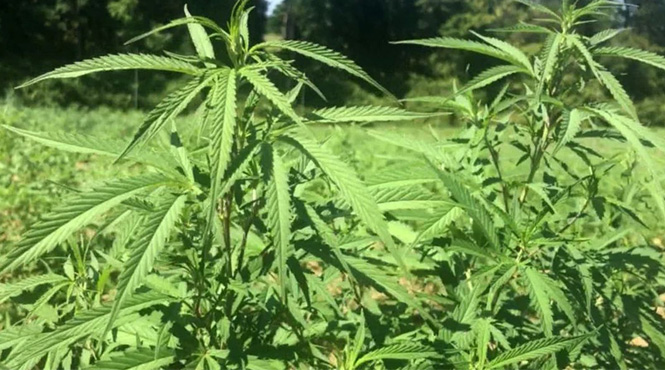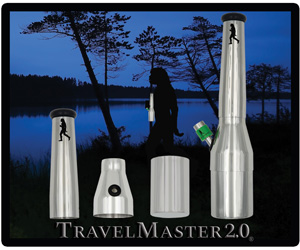USDA announces two insurance programs to help hemp producers’ crops

Feb, 2020 by Cannabiz Wholesaler
ROCKINGHAM COUNTY, Va. (WHSV) - As the hemp industry grows in popularity around the country, the USDA has introduced two programs to help protect hemp producers’ crops from natural disasters.
The first insurance program through Multi-Peril Crop Insurance (MPCI) provides coverage against loss of yield because of insurable causes of loss for hemp grown for fiber, grain or Cannabidiol (CBD) oil. The Noninsured Crop Disaster Assistance Program (NAP) coverage protects against losses associated with lower yields, destroyed crops or prevented planting where no permanent federal crop insurance program is available.
The MPCI pilot insurance is a new crop insurance option for hemp producers in select counties of 21 states for the 2020 crop year. The program is available for eligible producers in certain counties in Alabama, California, Colorado, Illinois, Indiana, Kansas, Kentucky, Maine, Michigan, Minnesota, Montana, New Mexico, New York, North Carolina, North Dakota, Oklahoma, Oregon, Pennsylvania, Tennessee, Virginia and Wisconsin.
Augusta County, Page County, Rockingham County and Shenandoah County are all eligible for these insurance programs.
NAP provides coverage against loss for hemp grown for fiber, grain, seed or CBD for the 2020 crop year where no permanent federal crop insurance program is available.
NAP basic 50/55 coverage is available at 55 percent of the average market price for crop losses that exceed 50 percent of expected production. Buy-up coverage is available in some cases. The 2018 Farm Bill allows for buy-up levels of NAP coverage from 50 to 65 percent of expected production in 5 percent increments, at 100 percent of the average market price. Premiums apply for buy-up coverage.
For all coverage levels, the NAP service fee is $325 per crop or $825 per producer per county, not to exceed $1,950 for a producer with farming interests in multiple counties.
Tanner Johnson, the CEO of Shenandoah Valley Hemp, said insurance is helpful because of unpredictable farming conditions.
“Any type of insurance is obviously to help mitigate the risks of this. Farming, obviously, there’s a lot of outside factors coming into this, the weather sticks out as being the #1,” Johnson said.
Johnson said hemp must have a THC level lower than 0.3 percent otherwise it cannot be sold.
Sometimes crops are grown with a THC level higher than 0.3 percent, but the USDA said those mistakes will not be covered by insurance.
"Everyone wants to know what's going on with the industry and wants to know where it's headed, wants to know that everything is safe, so when someone like [the USDA] steps in and starts putting in regulations typically it will help out everyone in the industry," Johnson said.
As a seed to sale company, Johnson said these USDA regulations help customers trust where the products are coming from.
"They are laying that groundwork that we need to move forward and really grow and help a lot of different people in the area," Johnson said.
And he said this coverage may convince other farmers to join the industry.
“I think they are looking to hemp to kinda get into, at least, complement some of their income for their families and we find that insurance is definitely something that’s going to help them lean toward saying yes to that movement,” Johnson said.
There are some requirements for hemp growers to receive this insurance in regards to how long they've been in the business and how many acres their crops occupy, along with a license to grow.
The deadline to apply for these programs is March 16, 2020.
Shenandoah Valley Hemp will be hosting an expo event on February 29, 2020, at the Rockingham County Fairgrounds. They will have a panel of speakers including farmers, processors, seed suppliers and 3rd-party labs. They hope to educate people who are involved in or are interested in joining the hemp industry.





















